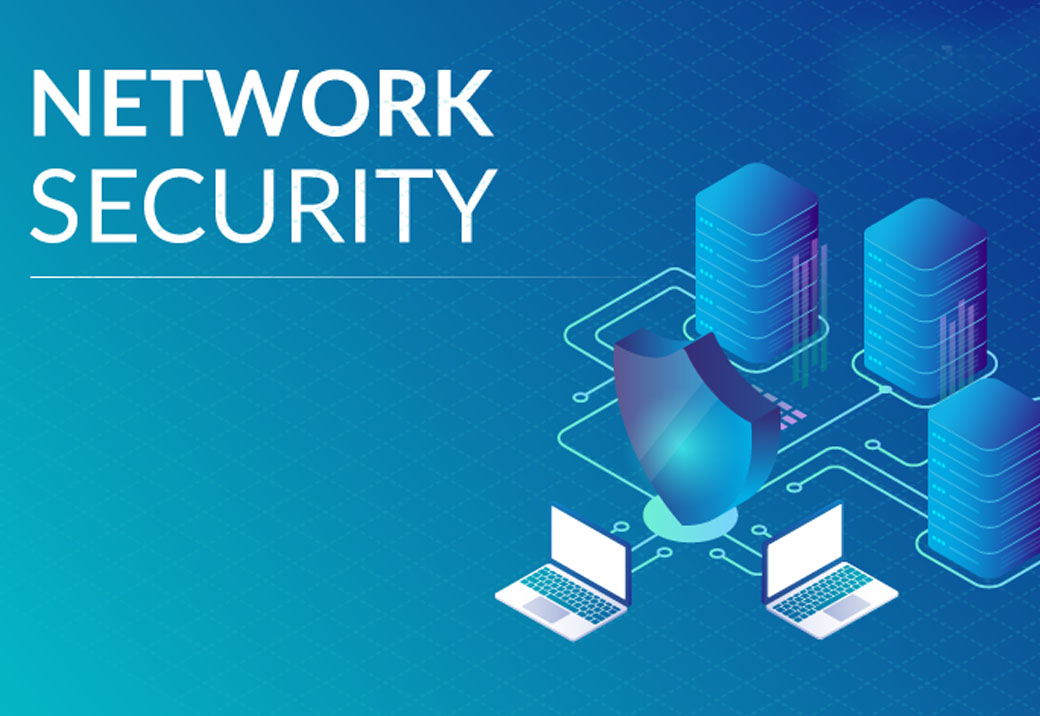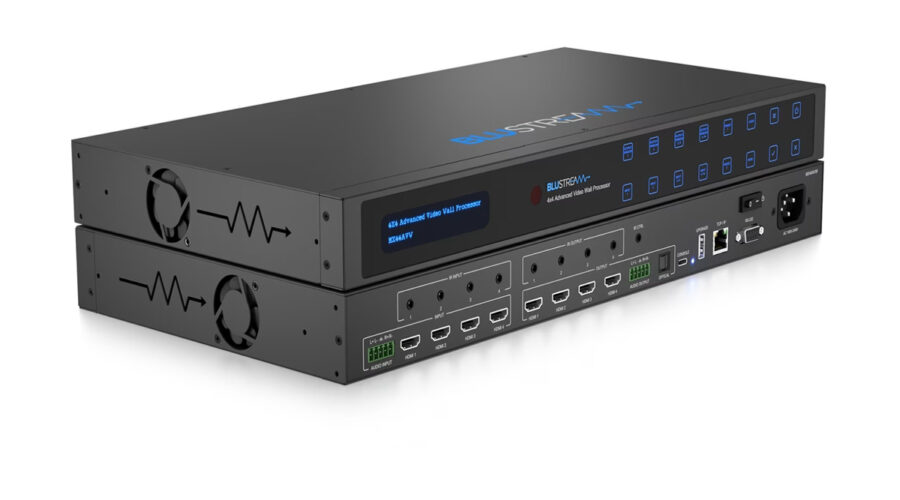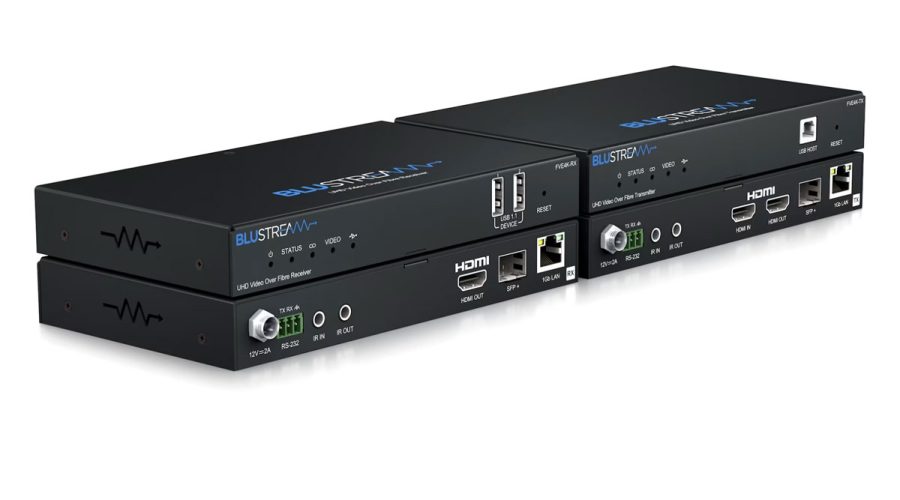Networks are all around us, inextricably woven into today’s commercial landscape. Whether it is a group of cash registers running on the same point-of-sale system, or an office building full of employees sharing and storing digital information between their workstations, networks bring an unparalleled level of interconnectivity and synchronization.
When networks are such an integral part of even the smallest facet of your business, it’s important that it is stable, reliable, and easy to maintain. The most reliable and secure networks are those that are wired, using actual cables to transmit information, as opposed to those that are wireless, and rely on radio frequencies.
In today’s business landscape, wired network installation, while sometimes complex, provides significant benefits in terms of connectivity and security.
Secure and Reliable Network Setup
One of the most important parts of network installation is the overall security and reliability of your network, including: Protection against malicious attacks – from hackers to viruses and malware Protection against data loss – from user error to natural disasters Testing and redundancy to ensure reliability
Network Security benefits
Two key ways for businesses to combat outside danger in real-time are increased visibility and responsive network protection. The Security is vital in protecting client data and information, keeping shared data secure and ensuring reliable access and network performance as well as protection from cyber threats. A well designed network security solution reduces overhead expenses and safeguards organizations from costly losses that occur from a data breach or other security incident. Ensuring legitimate access to systems, applications and data enables business operations and delivery of services and products to customers.
Types of Network Security Protections
Firewall
Firewalls control incoming and outgoing traffic on networks, with predetermined security rules. Firewalls keep out unfriendly traffic and is a necessary part of daily computing. Network Security relies heavily on Firewalls, and especially Next Generation Firewalls, which focus on blocking malware and application-layer attacks.
Network Segmentation
Network segmentation defines boundaries between network segments where assets within the group have a common function, risk or role within an organization. For instance, the perimeter gateway segments a company network from the Internet. Potential threats outside the network are prevented, ensuring that an organization’s sensitive data remains inside. Organizations can go further by defining additional internal boundaries within their network, which can provide improved security and access control.
Robust Network Security Will Protect Against
- Virus: A virus is a malicious, downloadable file that can lay dormant that replicates itself by changing other computer programs with its own code. Once it spreads those files are infected and can spread from one computer to another, and/or corrupt or destroy network data.
- Worms: Can slow down computer networks by eating up bandwidth as well as the slow the efficiency of your computer to process data. A worm is a standalone malware that can propagate and work independently of other files, where a virus needs a host program to spread.
- Trojan: A trojan is a backdoor program that creates an entryway for malicious users to access the computer system by using what looks like a real program, but quickly turns out to be harmful. A trojan virus can delete files, activate other malware hidden on your computer network, such as a virus and steal valuable data.
- Spyware: Much like its name, spyware is a computer virus that gathers information about a person or organization without their express knowledge and may send the information gathered to a third party without the consumer’s consent.
- Adware: Can redirect your search requests to advertising websites and collect marketing data about you in the process so that customized advertisements will be displayed based on your search and buying history.
- Ransomware: This is a type of trojan cyberware that is designed to gain money from the person or organization’s computer on which it is installed by encrypting data so that it is unusable, blocking access to the user’s system.






